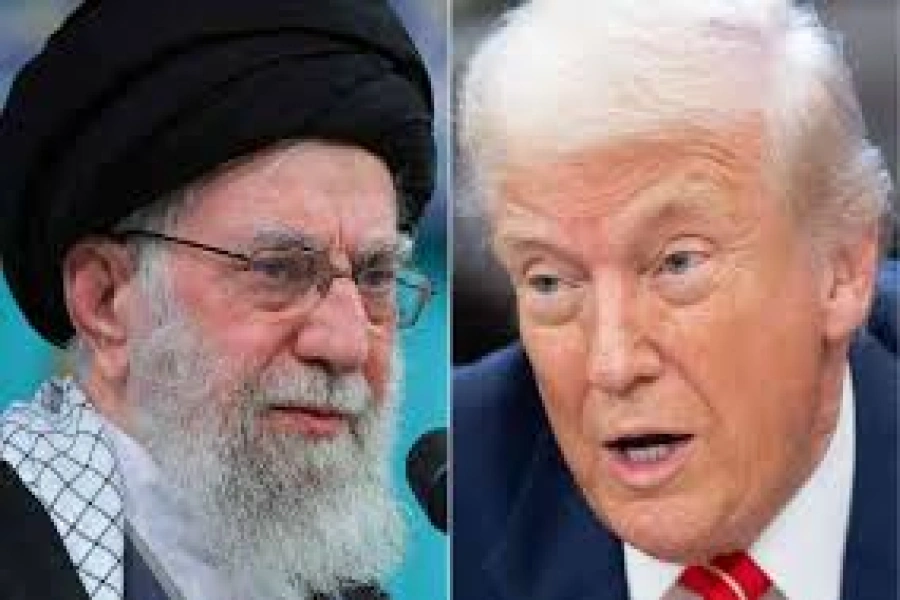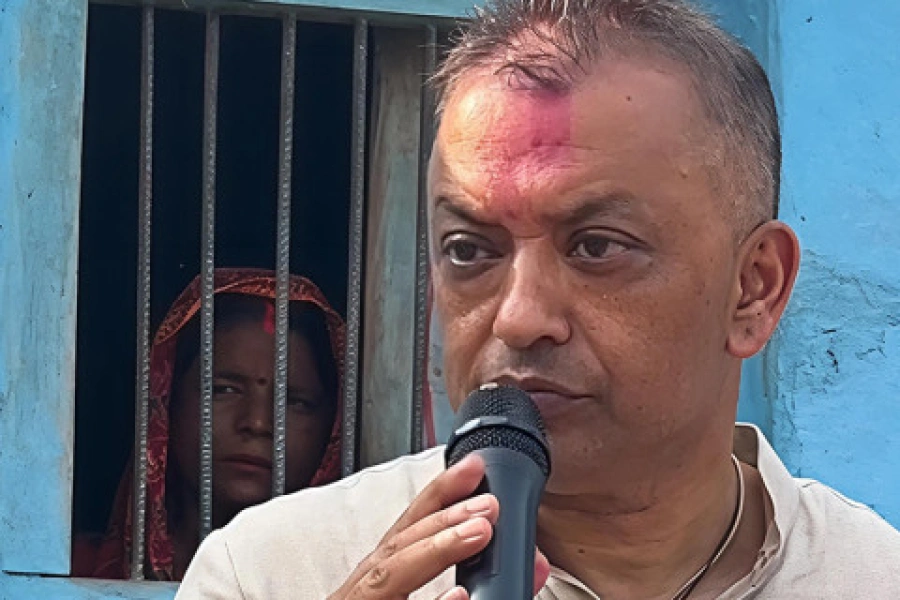In recent times, there has been a concerning trend of Nepali youths joining foreign armed forces, particularly in conflict-ridden countries like Russia. The Nepali authorities should take proactive measures to discourage this practice in order to protect the national interest and ensure the welfare of its citizens. While Nepal has historical agreements allowing its nationals to join the British and Indian armed forces, these privileges should not be extended to all countries without careful consideration of the associated risks. It is crucial to recognize the implications and potential dangers of Nepali youths joining foreign militaries, especially in countries embroiled in conflicts. Many of these young recruits may lack proper education and understanding, exposing them into hazardous situations. The government has an obligation to protect its citizens from harm and should not allow them to be unknowingly subjected to risks abroad. Moreover, allowing Nepali youths to serve in foreign armies involved in conflicts contradicts Nepal's commitment to global peace and non-interference in other nations' internal affairs. As a sovereign nation valuing peace and stability, Nepal should not contribute to conflicts abroad, particularly in countries facing severe upheavals. By discouraging this practice, Nepal can uphold its dedication to international peacekeeping efforts and promote itself as a nation that prioritizes diplomacy over militarism.
The lack of a clear policy regarding Nepali nationals joining foreign armed forces is a significant concern. While historical agreements exist with the British and Indian militaries, this should not serve as a blanket endorsement for all foreign military engagements.There is no answer with the government officials concerned as to what legal provision or bilateral agreements allow Nepali nationals to join armed forces of various countries including France, Singapore and the UAE. The government must formulate a comprehensive policy that assesses each opportunity on a case-by-case basis, considering factors like the country's stability, human rights record, and adherence to international law. The issue of unemployment should not be an excuse to allow youths to join armed forces of any country. Particular attention should be given to the case of Nepali youths joining the Russian military, as Russia has been involved in several conflicts and drawn international condemnation for its actions in Ukraine. Allowing Nepali citizens to join the Russian military inadvertently aligns Nepal with a nation at odds with established international norms and principles, which may strain diplomatic relations with other critical countries.
Nine youths from Tanahu allegedly joining Russian army out of f...

Additionally, the recruitment of Nepali youths in foreign militaries may adversely affect Nepal's own security. These individuals could receive training and exposure to military strategies that might be exploited against Nepal's interests in the future. The risk of them being used as pawns in geopolitical games cannot be overlooked. To address this issue, the government should launch awareness campaigns to educate Nepali youths and their families about the dangers associated with joining foreign militaries in conflict zones. The risks, potential legal ramifications, and lack of protection in unstable regions should be highlighted. Simultaneously, the government should engage in diplomatic dialogue with countries interested in recruiting Nepali youths, making it clear that Nepal does not support any party in conflicts and urging them to refrain from enlisting Nepali youths in their armed forces.
The recent appeal issued by the Ministry of Foreign Affairs (MoFA) to avoid security work in war-torn countries is a positive step, but it must be followed up with concrete policies and regulations that clearly indicate engaging in foreign armed conflicts is against the national interest and will not be tolerated. Allowing Nepali youths to join the Russian military or any foreign armed forces involved in conflicts is not in the interest of Nepal and its people. By implementing these measures, the government can protect its citizens, uphold the nation's commitment to peace and security, and safeguard its own security interests. A well-defined policy that evaluates foreign military engagements on a case-by-case basis should be established, and awareness campaigns should be launched to inform Nepali youths about the risks associated with such actions. By taking these steps, Nepal can preserve its sovereignty, and demonstrate its commitment to global peace.




























-1200x560-1771928761.webp)









